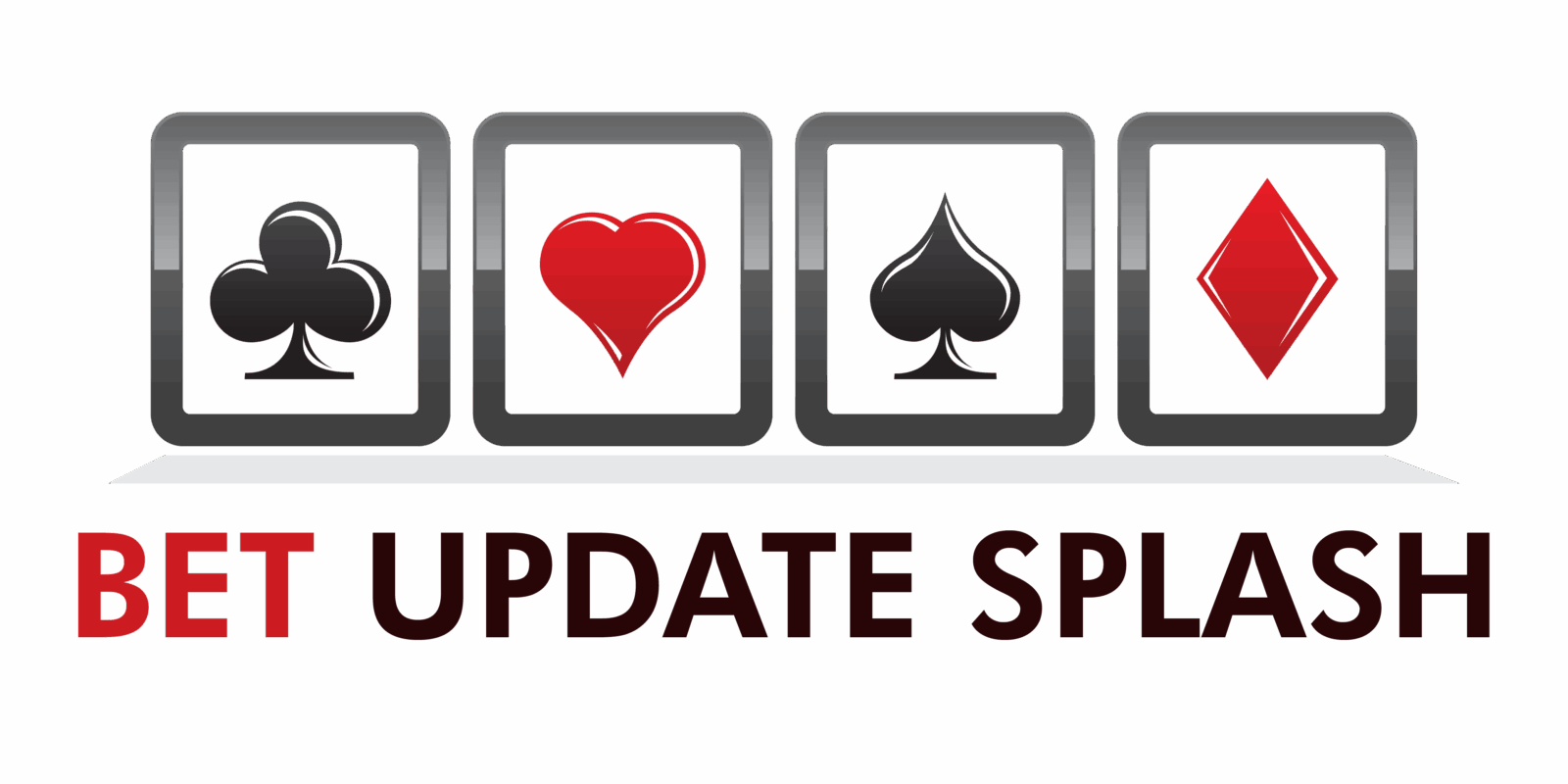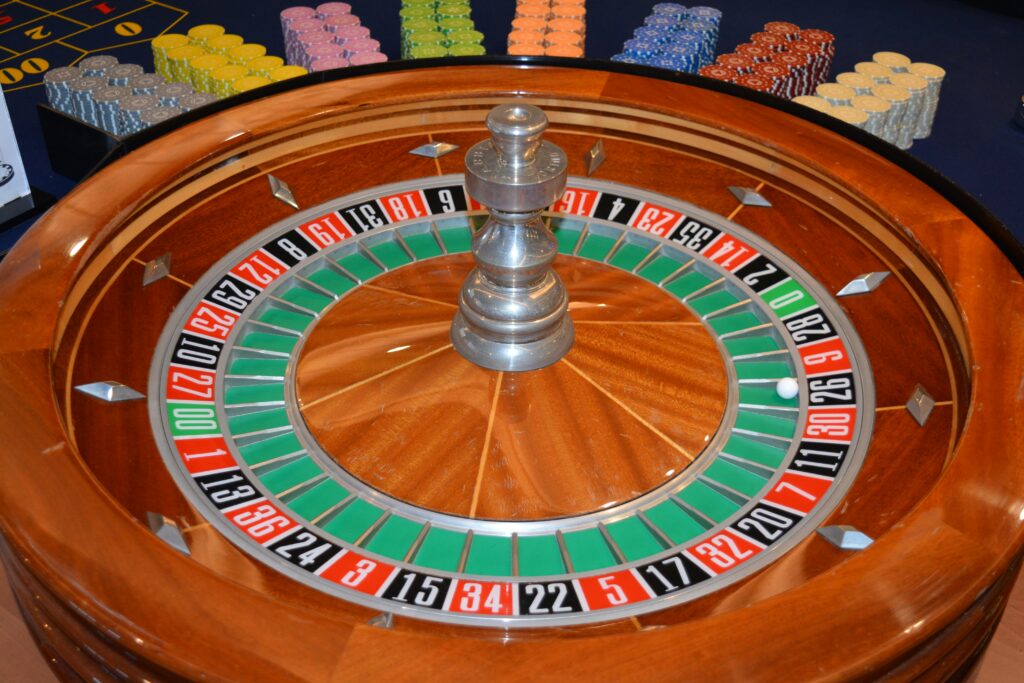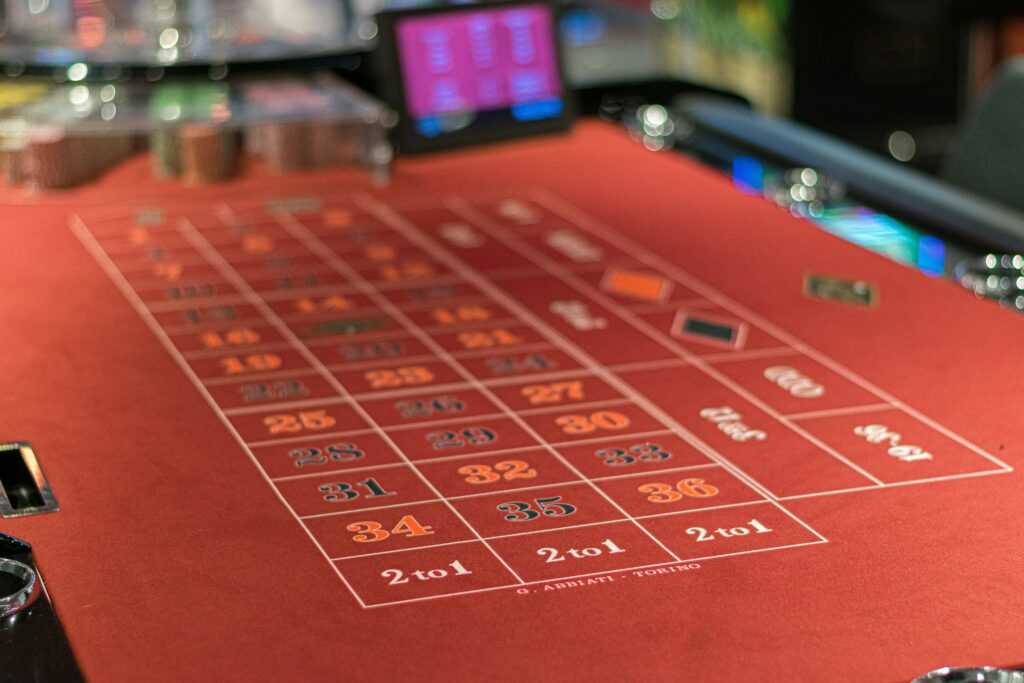Why Balance Matters More Than Ever
Gambling can start off light—weekends with friends, casual sportsbook bets, a little poker to clear your head. But without clear boundaries, it creeps. Time slips. Budgets bend or snap. And what’s supposed to be a bit of fun starts messing with your focus, finances, and even your sleep.
Burnout doesn’t always hit like a crash; sometimes it’s quiet. You don’t notice you’re losing control until basic stuff—work performance, relationships, motivation—starts slipping. If you’re chasing bets to recover losses, playing when you’re emotionally off, or skipping meals to stay in the zone, the warning lights are already on.
Discipline isn’t just some motivational buzzword. It’s a skill set. And like any skill, it takes reps. Revisit your routines. Set hard limits (and stick to them). Know when to walk away, even on a win. Respect your energy, not just your luck.
Strategy, not streaks. That’s the long game.
Creating Healthy Betting Habits
Maintaining excitement about gambling doesn’t mean abandoning structure. Healthy habits are the foundation of sustainable play—and they’re what separate the casual, mindful gambler from someone headed toward burnout.
Set Boundaries You Can Actually Keep
It’s easy to underestimate how fast time and money can disappear during a session. Setting concrete limits before you start is non-negotiable.
Key Boundaries to Establish:
- Bankroll limits: Never bet more than you can comfortably afford to lose. Set a weekly or monthly gambling budget and stick to it.
- Time limits: Use a timer or alarm to set hard stops. Maintain gaming sessions that fit into—not consume—your daily routine.
- Emotional checkpoints: Take a moment mid-session to assess your mindset. If you’re chasing losses or riding a high, it may be time to walk away and reset.
Discipline isn’t about restriction—it’s about ensuring the fun lasts.
Create a Betting Schedule (Yes, Really)
Most forms of leisure have designated times—why not gambling? A structured schedule helps you avoid impulsive decisions and reinforces self-control.
Planning Tips:
- Block out specific times for gambling and stick to them
- Schedule pause days to integrate other hobbies or downtime
- Try “cool down” sessions: plan non-gambling activities after intense play
A schedule also gives you something else many gamblers overlook: perspective.
Understand and Respect Your Loss Limits
Even the best strategies can’t guarantee wins. Loss limits are your financial exit points—knowing them ahead of time saves you from poor late-session decisions.
How to Set Smart Loss Limits:
- Identify your absolute max for a given day/week
- Use digital tools or apps to pre-set auto-stops
- Reflect after each session: Did you go over? Why?
The key isn’t to win every time—it’s to avoid losing more than you can handle. Establishing loss limits isn’t pessimistic. It’s professional.
Creating healthy betting habits doesn’t kill the thrill—it keeps it alive, responsibly.
Mental Health & Gambling: Stay Ahead of the Game
When the stakes are high, adrenaline does what it’s wired to do—push us into action. But in gambling, that rush can cloud judgment fast. You start chasing losses, doubling down on impulse, thinking you’re due for a win. Emotion starts steering the ship, and logic goes quiet. That’s when mistakes happen.
Recognizing over-involvement is crucial. It’s not just about money lost—it’s the mental load. If you’re checking odds in the middle of the night or skipping real-life plans because there’s “just one more game,” it’s time to pause. Irritability, racing thoughts, and anxiety around missed bets are also red flags.
Managing stress starts with awareness. One simple tool: audit your mindset before you play. Are you calm? Focused? Or feeling edgy and desperate to score a win? That moment of pause can protect you. Journaling, regular workouts, even quick breathing exercises can help reset your brain chemistry.
And yes, take breaks—on a defined schedule, not just when you’re losing. Step away daily, even if things are going well. Plan full days off each week. And every few months, take a longer reset. Time away isn’t a threat to your streak—it’s fuel for a balanced game mindset. The goal here isn’t to play constantly. It’s to play smart, and stay well.
Physical Health Isn’t Optional
Spending hours rooted in your seat—whether you’re placing bets, analyzing odds, or watching game streams—can sneakily take a toll on your body. Physical health plays an underrated but essential role in keeping your gambling lifestyle balanced and sustainable.
The Hidden Cost of Sedentary Sessions
It’s not just about backaches. Long stretches of inactivity can contribute to:
- Poor posture and joint stiffness
- Reduced blood circulation
- Eye strain and headaches
- Fatigue, even without doing much physically
Staying physically engaged helps keep your mind sharper and your body more resilient.
Quick Exercise Tips for Gamers and Bettors
You don’t need a full gym routine between every session, but small bursts of movement can reset your energy and reduce physical strain:
- Stand up and stretch every 30–60 minutes
- Take 5-minute walks—just around the block or your home
- Use a resistance band to work your upper body while seated
- Do wrist and hand stretches to prevent strain from devices
Consistency beats intensity. It’s not about the hardest workout; it’s about staying active enough to stay sharp.
Sleep, Hydration, and Nutrition: Your Real Power-Ups
You can’t expect to make good decisions or stay focused when your basic physical needs aren’t met. Here’s what every enthusiastic gambler should prioritize:
- Sleep: Aim for 7–8 hours. Mental fatigue is a silent bankroll killer.
- Hydration: Don’t let hours fly by on an empty water bottle. Dehydration dulls memory and focus.
- Nutrition: Fuel up on steady, nourishing meals—not just energy drinks and snacks.
Think of physical health as the foundation to better gameplay, clearer thinking, and longer-term enjoyment. Remember: staying in the game means taking care of the player.
Social Life: Don’t Let Gambling Go Solo
Isolation is one of the fastest ways for gambling to lose its fun—and gain risk. It’s easy to get caught in your own world of stats, odds, and late-night sessions. That’s where people come in. Looping in friends or joining a group can keep things grounded. The key here? Keep it social, not transactional. You don’t need to bet on everything to enjoy the ride. Just having someone around to talk things out (or call you out) can make a huge difference.
A balanced week doesn’t revolve around the next match or blackjack session. Pick up hobbies that have nothing to do with winning or wagering. Cook something new. Go hiking. Take up photography. Play a sport that puts you in the moment. These things reset your brain and pull your attention off the odds and back into life.
And yeah—sometimes the best move is to simply log off. Gambling thrives in digital loops that never really end, but your body and mind weren’t built for 24/7 streams of probability. Showing up in real life, seeing friends for coffee, or even running errands gives your brain a break it doesn’t know it needs. Don’t just manage the risk—live outside of it too.
Money Management Like a Pro
The fastest way to ruin both your bankroll and your peace of mind is to blur the line between play money and essential money. Rent, food, bills—those stay sealed off. Your gambling budget should be a separate line item, not whatever’s leftover or easily borrowed. Think of it like entertainment spending: once it’s used, that’s it until next month.
Track everything. Wins feel bigger than they are, and losses fade from memory fast. Use a spreadsheet or one of the many betting apps to log every game, dollar, and decision. The goal isn’t just to know where your money went—it’s to see patterns. Are you dabbling smarter, or just chasing a high?
Gut feelings are fine for picking a restaurant, not placing bets. Smart gambling means calculating risk, knowing the odds, and understanding value. If you’re constantly relying on intuition, you’re not managing risk—you’re gambling blind. Play like it’s a business. Know your numbers, respect your limits, and leave emotions at the door.
Using Tech to Stay in Control
Technology can either fuel gambling addiction or serve as a powerful ally for managing it. For the mindful gambler, smart use of apps and tools can reinforce boundaries, improve budgeting, and offer ongoing visibility into habits.
Set Limits and Monitor Activity
One of the best ways to stay in control is to use digital tools that help you regulate your behavior. These applications make tracking time, limits, and emotions more structured and less reliant on willpower alone.
Recommended Apps:
- BetBlocker – Lets you self-limit access to betting websites and apps across devices.
- Gamban – Quickly blocks access to online gambling services. Great for temporary or long-term restrictions.
- GamStop (UK) – Self-exclusion program integrated with most UK gambling platforms.
- StayOnTrack – Tracks daily gambling activity and encourages regular check-ins with personal goals.
Budgeting Tools Built for Gamblers
Financial awareness is critical. Several budgeting platforms are designed specifically for gamblers or can be adapted for that purpose.
Useful Tools:
- BankrollHero – Allows you to set gambling budgets, track losses and wins, and visualize progress.
- You Need a Budget (YNAB) – While not gambling-specific, YNAB helps break down monthly spending and identify areas where bankroll management could improve.
- Gamble Responsibly App – Helps users log daily betting expenditures and set long-term financial goals.
Bonus Resource
For a more in-depth list of vetted tools, including both blocking software and budget trackers, check out this helpful guide: Essential Apps and Tools for Smart and Safe Betting
Use these tools not as crutches but as part of a deliberate, long-term strategy to bet smarter and live with more clarity.
Final Thoughts: Bet Smarter, Live Better
Loving the game doesn’t mean the game controls you. It’s easy to let momentum blur your judgment, especially when you’re passionate. But keeping your center—mentally, physically, and financially—is non-negotiable.
Balance isn’t just a buzzword. It’s about making better bets because you’re well-rested, clear-headed, and not chasing losses or highs. It’s about having good days even when the odds don’t fall your way. True consistency, the kind that lasts, is built on stability—smart routines, tight boundaries, and respect for both the craft and your life outside it.
There’s no winning in the long run without a healthy lifestyle backing you up. That means stepping away sometimes, taking care of your body, and keeping your priorities sharp. Passion sustains you. But balance? Balance keeps you in the game.


 Shawn Sanderselers, co-founder of BetUpdateSplash brings sharp analytical skills and a deep passion for sports data to the platform. With a strong background in sports tech and betting insights, Shawn focuses on delivering real-time updates and innovative prediction tools that enhance the user experience. His expertise ensures readers get accurate, data-driven perspectives on every game.
Shawn Sanderselers, co-founder of BetUpdateSplash brings sharp analytical skills and a deep passion for sports data to the platform. With a strong background in sports tech and betting insights, Shawn focuses on delivering real-time updates and innovative prediction tools that enhance the user experience. His expertise ensures readers get accurate, data-driven perspectives on every game.

